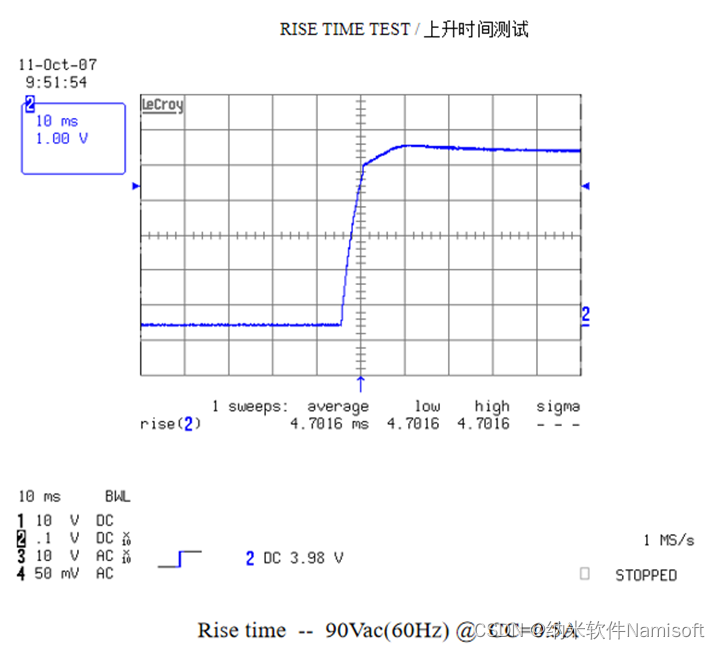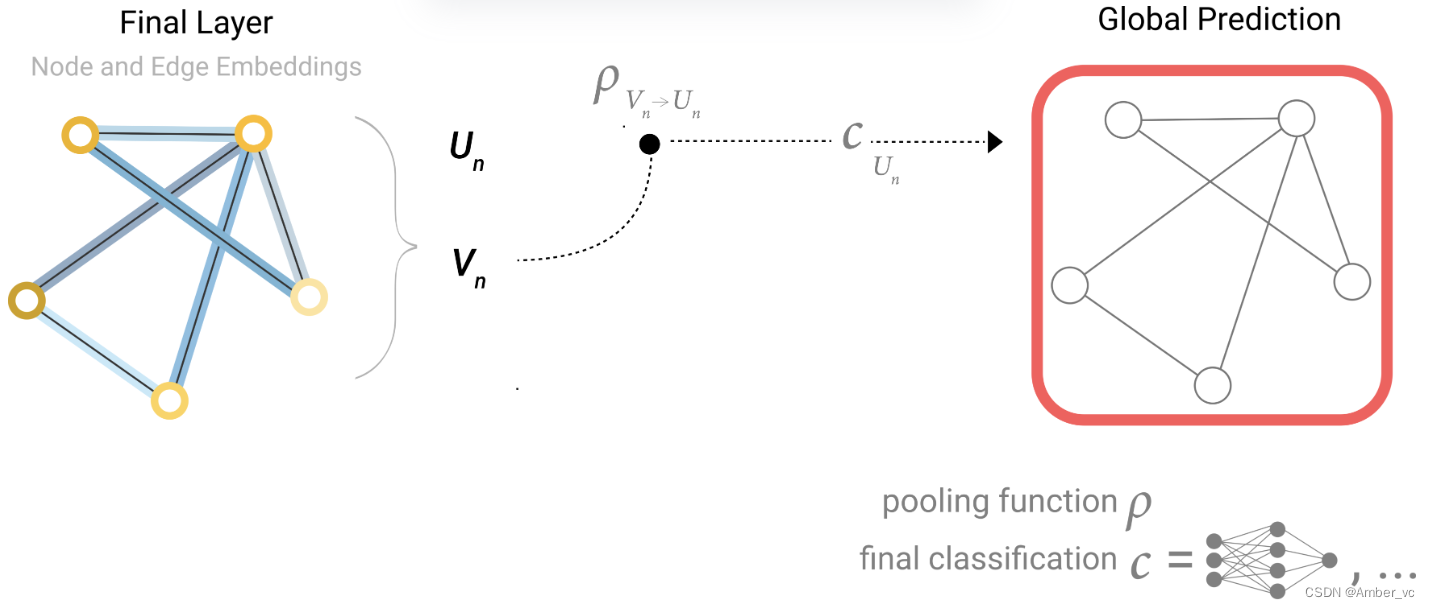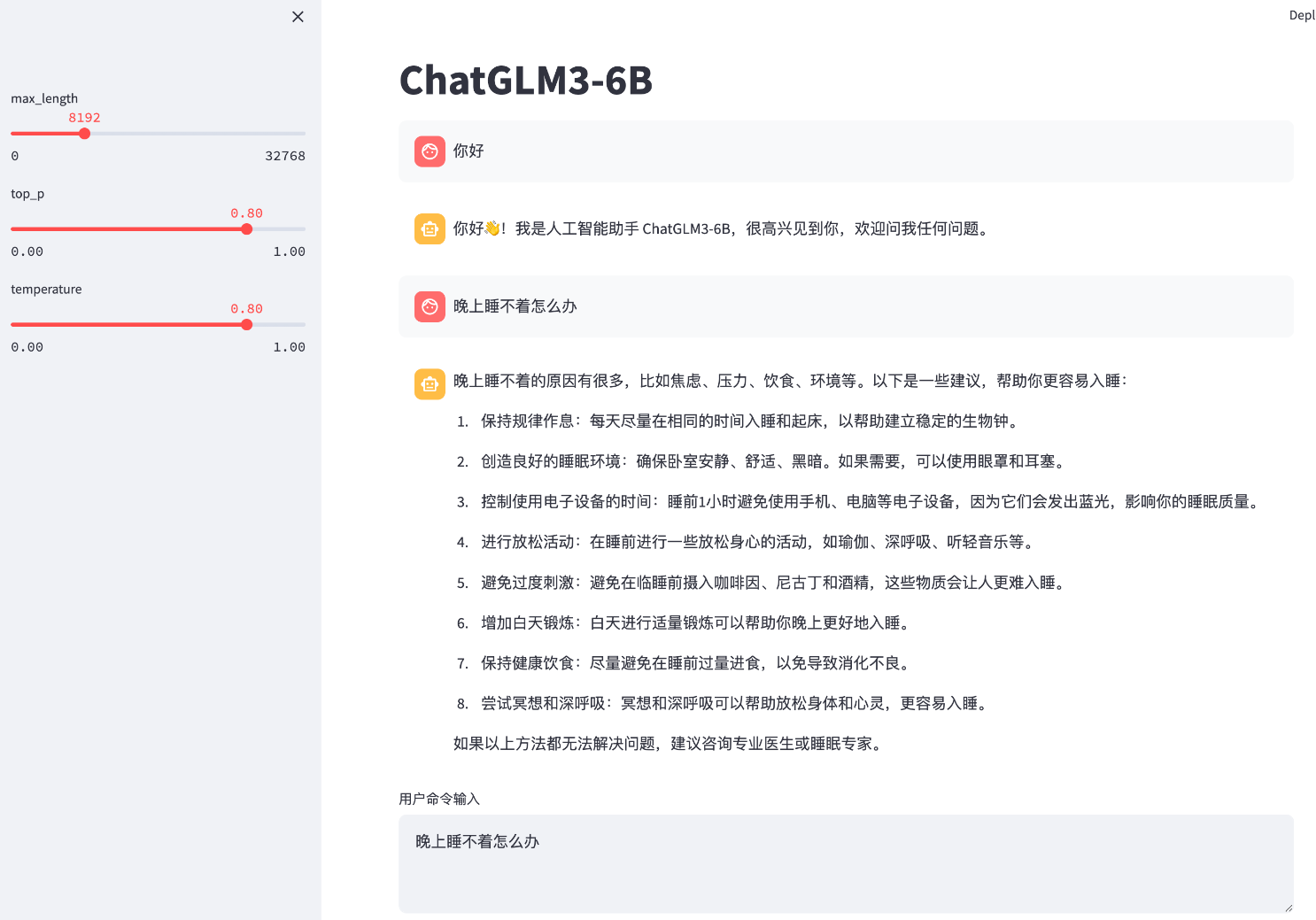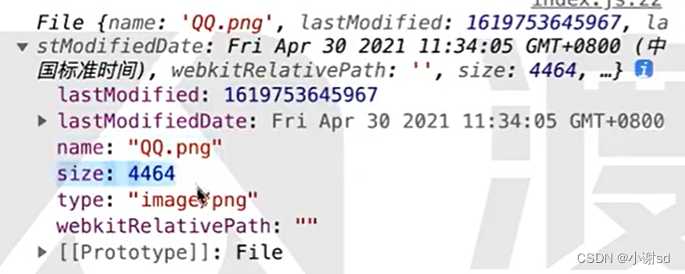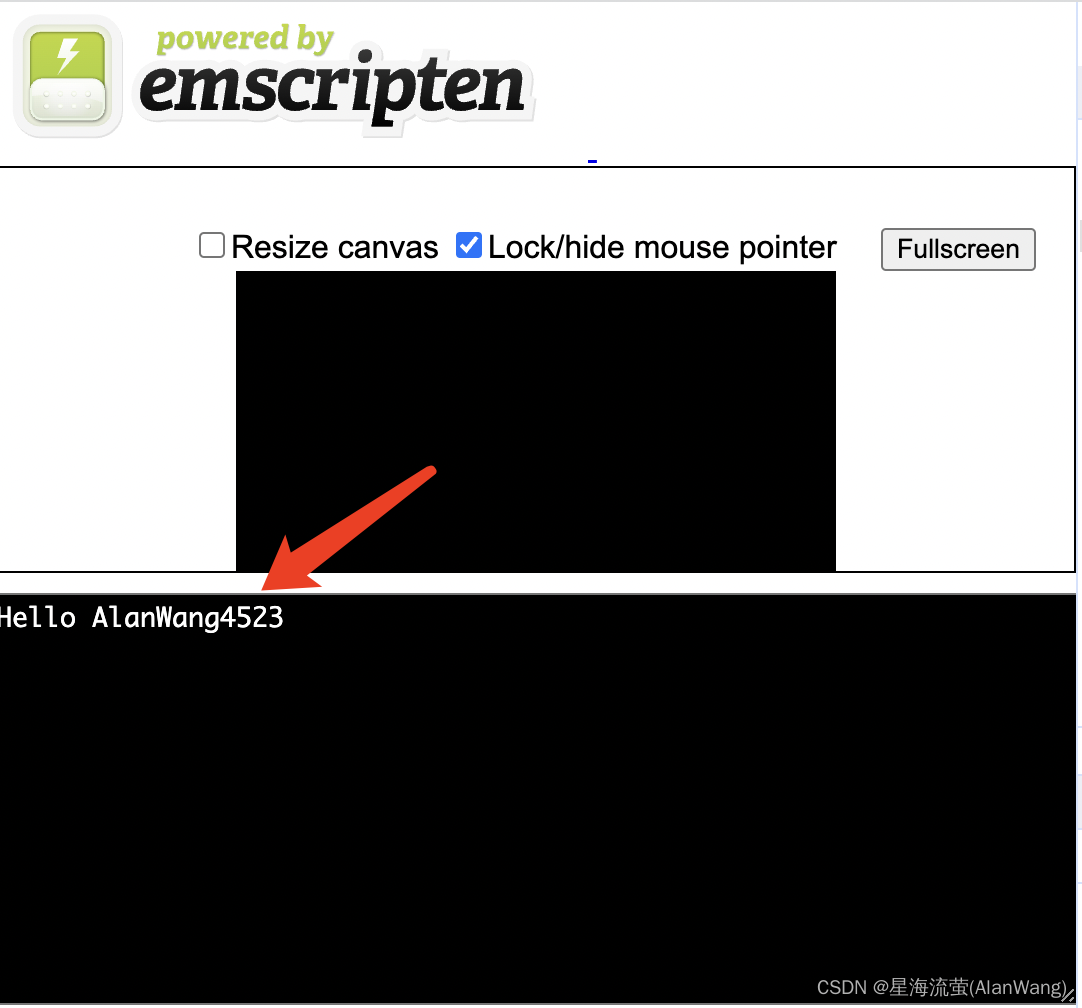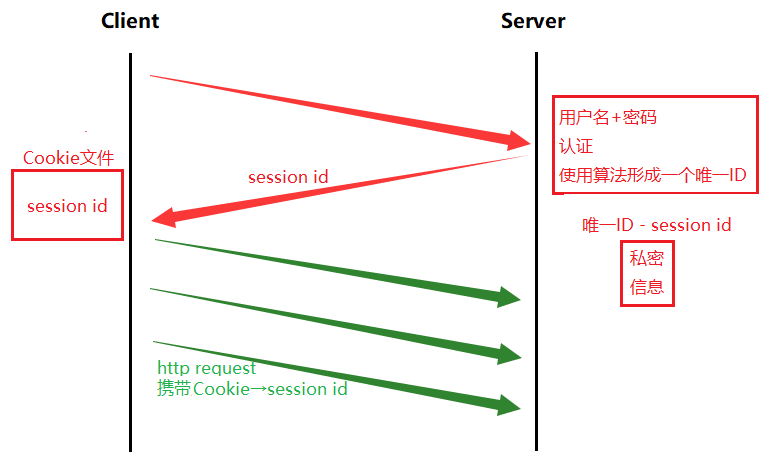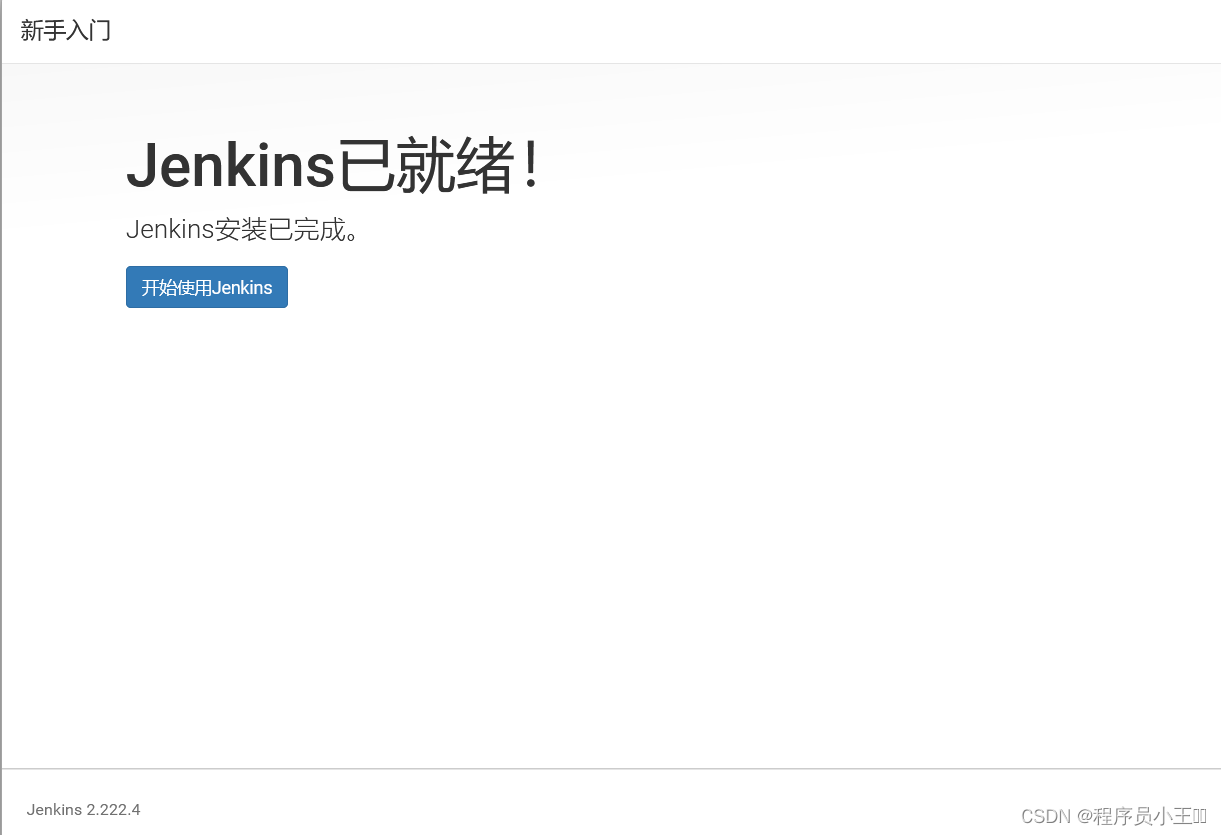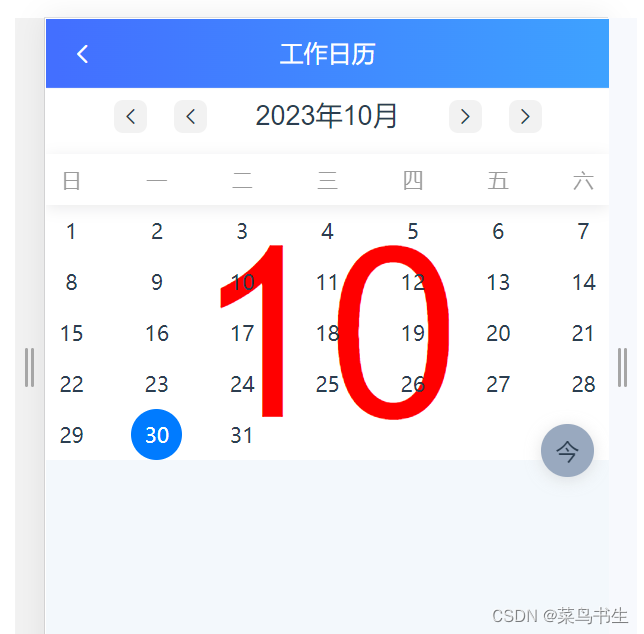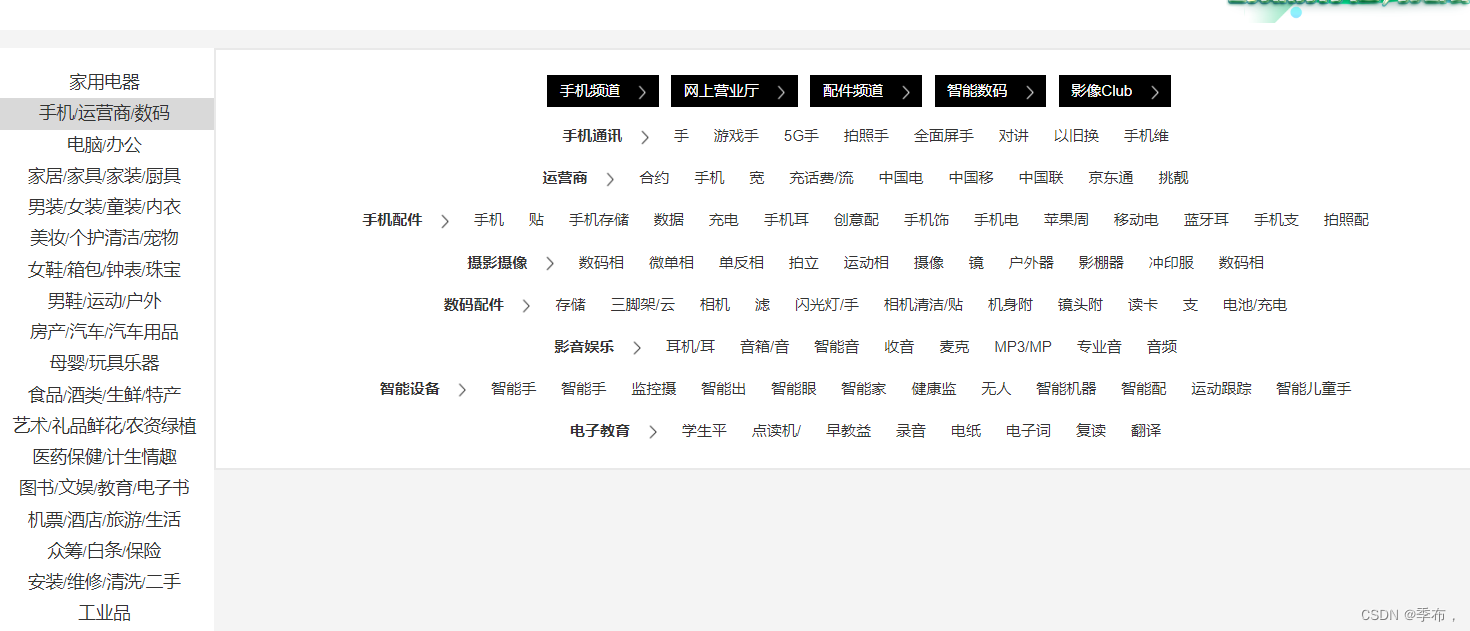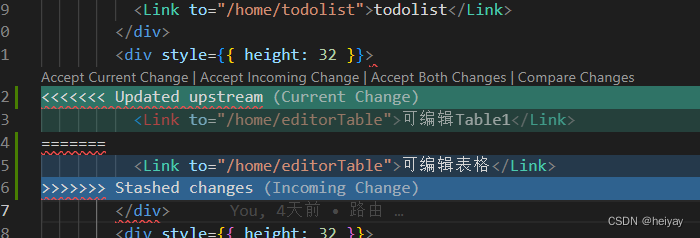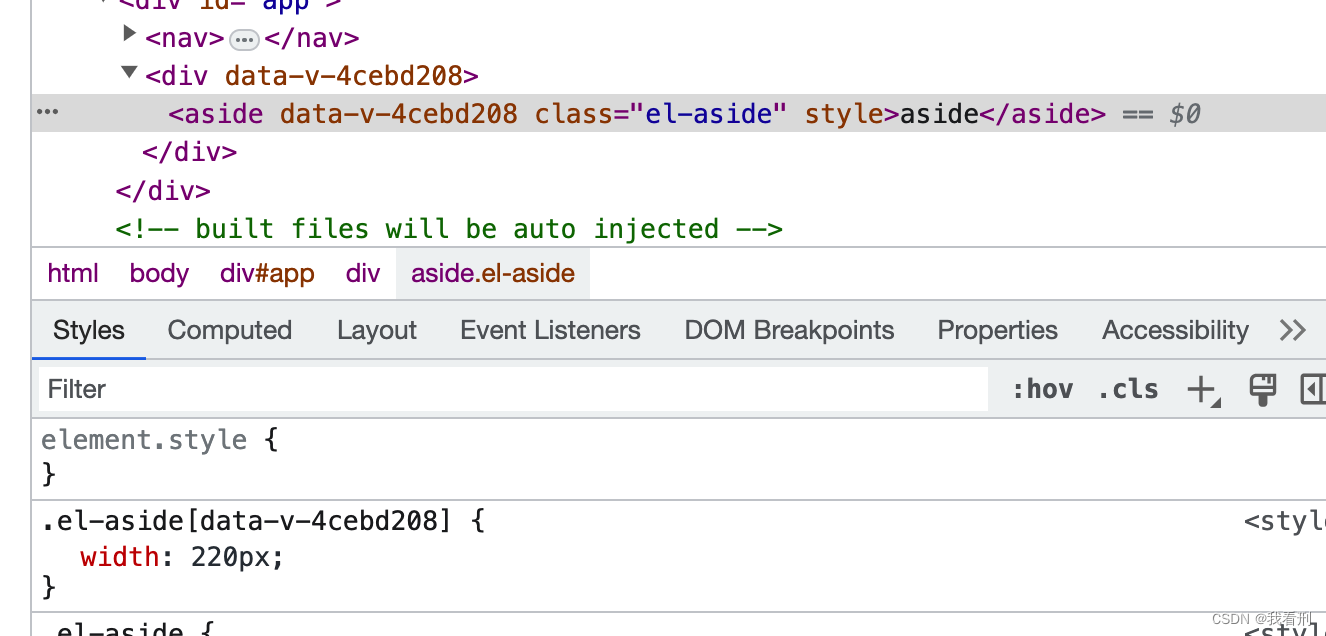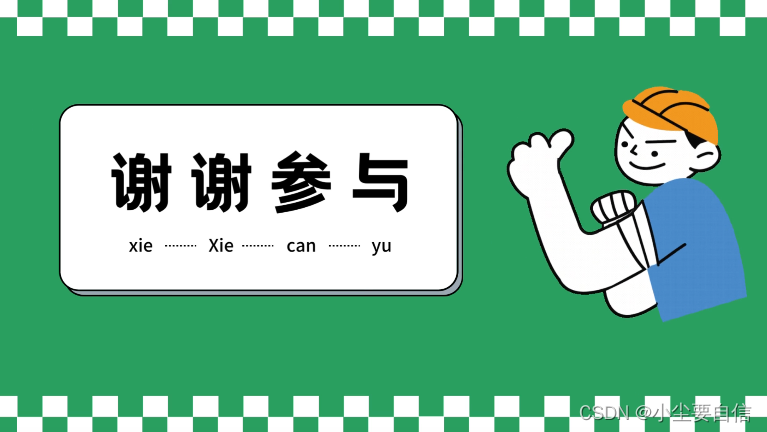电源模块是电子装备中的重要组成部分,用于供给电能以供给装备中的各种电子元件和电路。电源模块具备多种特征,以保证供给稳定、否靠的电源,顺应不同运用的需要。以下是电源模块的一些主要特征:
-
电压和电流输入: 电源模块供给特定电压和电流的输入,以餍足装备和电路的需要。这些输入能够是恒定的、否调的或否编程的。
-
稳定性: 电源模块通常具备高稳定性,以保证输入电压和电流不会遭到外部身分的作用。
-
高效性: 电源模块通常具备高效的电能变换才能,以最大水平地增添能量耗费并增添领热。
-
低噪声: 模块通常具备低噪声输入,以保证电源不会对装备中的电子元件打消滋扰。
-
过载伤害: 电源模块通常具备过载伤害功效,以避免装备在电流越过划定规模时遭到伤害。
-
短路伤害: 模块通常具备短路伤害功效,以避免装备在电路短路时遭到伤害。
-
过压伤害: 电源模块通常具备过压伤害功效,以避免装备在输入电压高出划定规模时遭到伤害。
-
高压伤害: 模块通常具备高压伤害功效,以避免装备在输入电压低于划定规模时遭到伤害。
-
温度伤害: 电源模块通常具备温度伤害功效,以避免过热招致装备毛病。
-
远程掌握: 电源模块具备远程掌握功效,能够通过收集或掌握体系停止远程掌握和监测。

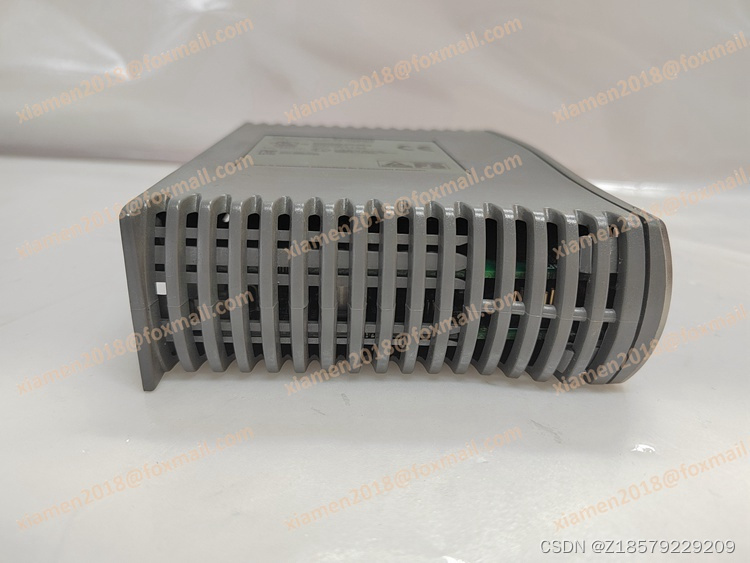 The power module is an important component in electronic equipment, used to supply electrical energy to various electronic components and circuits in the equipment. The power module has multiple features to ensure a stable and reliable power supply that meets the needs of different applications. The following are some main features of the power module:
The power module is an important component in electronic equipment, used to supply electrical energy to various electronic components and circuits in the equipment. The power module has multiple features to ensure a stable and reliable power supply that meets the needs of different applications. The following are some main features of the power module:
Voltage and current input: The power module supplies specific voltage and current inputs to meet the needs of equipment and circuits. These inputs can be constant, non adjustable, or non programmable.
Stability: Power modules typically have high stability to ensure that input voltage and current are not affected by external factors.
Efficiency: Power modules typically possess efficient energy conversion capabilities to maximize energy consumption and increase heat generation.
Low noise: Modules typically have low noise inputs to ensure that the power supply does not interfere with electronic components in the equipment.
Overload injury: Power modules usually have overload injury function to avoid equipment being injured when the current exceeds the designated scale.
Short circuit damage: Modules usually have the function of short circuit damage to avoid equipment being damaged in the event of a short circuit.
Overvoltage damage: Power modules usually have the function of overvoltage damage to avoid equipment being damaged when the input voltage exceeds the designated scale.
High voltage damage: Modules usually have the function of high voltage damage to avoid equipment being damaged when the input voltage is below the designated scale.
Temperature damage: Power modules usually have the function of temperature damage to avoid equipment problems caused by overheating.
Remote control: The power module has the function of remote control, which can stop remote control and monitoring through the collection or control system.


